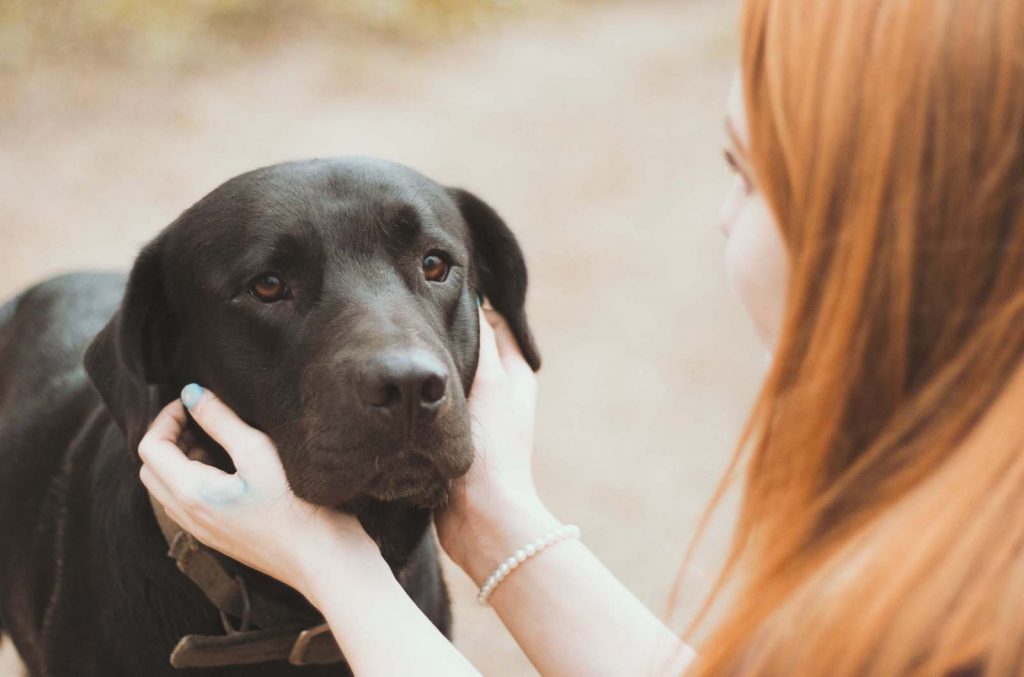The Philadelphia Animal Welfare Society (PAWS) — the city’s largest rescue partner and provider of low-cost vet care — alongside the Pennsylvania SPCA (PSPCA) and the Animal Care and Control Team of Philadelphia (ACCT Philly) have joined together to form the Philadelphia No-Kill Coalition.
The goal is straightforward: to make Philadelphia a no-kill city. A city is considered no-kill when all healthy, treatable, and manageable dogs and cats are saved, and euthanasia is used only when animals are dangerous or suffering from untreatable illnesses/injuries. The groups want to make the killing of savable shelter pets a thing of the past.
Aside from its three founding organizations, the coalition has more than 14 additional member organizations. This coalition comes as a result of continual growth for Philadelphia in the animal welfare sector.
The city has seen a 40 percent drop (approximately 18,000 animals in 2017 versus 30,000 in 2011) of animals entering its shelters. This is due in part to affordable vet care and spay/neuter services for pets, a rising number of adoptions, and trap-neuter-release efforts, which stops more street kittens from being born and allows feral cats to live their lives in greater comfort and health.
Ame Wiltzius, the PAWS Adoption Center Manager, spoke to LIVEKINDLY about the start of the coalition. “PAWS’ mission has always been to make Philadelphia a no-kill city. Over the past 10 years, we’ve made a lot of progress, and it was time to officially join forces with the other animal welfare organizations in our region to finally reach our goal as a community.”

PAWS clinics serve more than 34,000 pets each year and in 2018 that number is expected to reach more than 35,000. They are also a powerhouse of adoptions with 2,600 in 2016 and nearly 3,000 in 2017, with numbers continuing to rise. Contributing to this increase, they were invited to be the rescue partner of the Kawaii Kitty Cafe two years ago, which has resulted in more than 200 cats being adopted from that location.
Through rescue initiatives, surrender prevention, and other public programs, the coalition aims to make a no-kill Philadelphia a reality — and to provide the structure for other cities to do the same.
Above all else, Wiltzius emphasizes the importance of “adopt don’t shop.” The coalition’s teamwork and support will carry it far, but public participation in adopting is just as important. “When you adopt, you are literally saving a life, providing a home to a pet who was otherwise homeless and on the street or at risk of being killed in the overpopulated city shelter,” she says. “Plus, adoption is a good deal for both you and your new pet,” Wiltzius began. “Any reputable shelter will provide veterinary care prior to adoption – so you pay an adoption fee that covers their spay/neuter, vaccines, flea treatment and dewormer, and often a microchip too.”
The coalition is still in its beginning stages but already it has brought animal welfare teams and community members all over the city together, for one compassionate goal.


